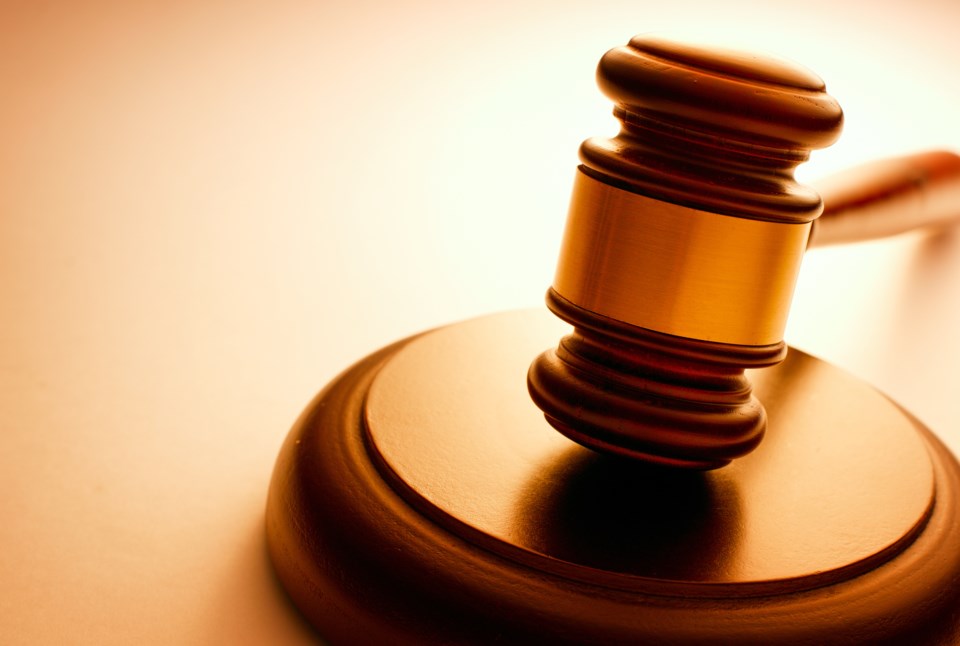A June 3 Ontario Appeals Court ruling that found intoxication as a defence in cases of sexual assault and other violent crimes is facing harsh criticism.
The ruling focused on two cases where a person became psychotic after consuming drugs and killed or injured relatives.
In one case, David Sullivan stabbed his elderly mother nearly to death on Dec. 1, 2013, after taking an overdose of the antidepressant Wellbutrin for what he said was a severe anxiety attack. Sullivan didn’t deny the attack, but said the drug he took triggered a condition called “automatism.” He believed his mother was extraterrestrial. He was found guilty of aggravated assault and assault with a weapon.
In the other case, 21-year-old Thomas Chan** took a dose of hallucinogenic mushrooms on Dec. 28, 2015, and that night stabbed his father to death and inflicted grievous wounds on his father’s partner after he repeatedly stabbed her in bed. Chan’s defence also used an automatism argument. Chan believed he was battling demons. He was found guilty of manslaughter and aggravated assault.
The automatism defence used (specifically “non-mental disorder automatism") argued the two men were in a mental state under which they had no control over their actions.
However, the automatism argument used in both cases flies in the face of an earlier ruling (Section 33.1 of the Criminal Code) that prevented that defence from being used in cases when an accused became intoxicated by choice and then committed an offence.
The Appeal Court, however, found this ruling on the automatism defence violates the charter, specifically the legal principle that an accused has to break the law voluntarily to be convicted. The court went further, saying the legislation is unworkable because it is unlikely a person could know in advance that, if they became intoxicated, they would lapse into a state of automatism and commit a violent crime.
It ordered a new trial for Chan and acquitted Sullivan.
The Appeal Court ruling is facing harsh criticism, though, particularly when it comes to sexual assault cases. Opponents of the ruling argue it opens the door for perpetrators to use the ruling to argue voluntary intoxication is a legitimate defence against sexual assault charges.
London-Fanshawe MPP Lindsay Mathyssen, the NDP’s women and gender equality critic condemned the ruling.
“A ruling in the Ontario Appeals Court on Wednesday sets back years of progress made by women and girls in their fight for justice,” her statement reads. “The decision sends an incredibly dangerous message that men can avoid accountability for their acts of violence against women and children by using intoxication as a defence.”
Her counterpart, Toronto-St. Paul’s MPP Jill Andrews is calling on Premier Doug Ford and Attorney General Douglas Downey to appeal the ruling.
Patty Coates, president of the Ontario Federation of Labour, said the ruling could have a “dangerous and toxic impact.”
“Intoxication must never be a defence for violent crime and sexual assault,” Coates said. “The Court of Appeal decision must be challenged … This decision will have a dangerous and toxic impact on the lives of women, trans women, sex workers, and other complainants in cases of sexual assault. This ruling takes sexual assault law back two decades. Shame on our courts for opening the door for anyone to explain away sexual assault.”
Several Change.org petitions have been launched calling for the Appeal Court decision to be overturned, one of which, had 79,000 signatures as of this writing.
Not everyone agrees with the ruling though. Stephane DiGiuseppe, a criminal and constitutional lawyer with the firm Ruby Shiller Enenajor DiGiuseppe, Barristers, posted a thread to Twitter arguing the ruling doesn’t actually do what critics are saying it does.
"There is a lot of misinformation being circulated by the media about the decision in Sullivan & Chan,” DiGiuseppe said at the start of the thread. “The decision does not make intoxication a defence to sexual assault. Suggesting that it does is wrong, dangerous & undermines public confidence in the administration of justice."
Read the complete thread here.
**An earlier version of this story incorrectly stated Thomas Chan's name. That has been corrected.
